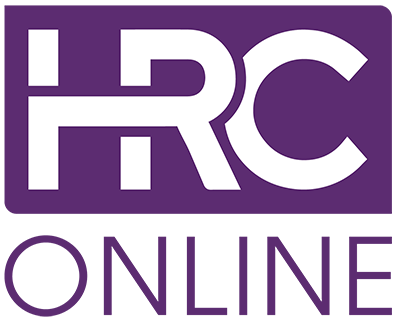
Now, before we try to convince you, know this, we are providing only one side of the argument, and there is nothing wrong with applying whilst studying if it’s the right fit for your circumstances. What this article is about is how having a qualification already allows you to show higher commitment, and that you’re job ready.
Why complete your qualification before applying for jobs?
You’re ready to go: In an employer’s eyes, by having that Level 3 or Level 5 qualification before you head into the interview room allows you to show you can start strongly. You’re up to speed and raring to go.
You can pull from every module: Because you’ve completed all the materials required for the qualification, you’re sure footed and know the whole of the syllabus. This means that you can push forward with confidence when answering interview questions and not have to worry about not knowing that important piece of information.
It shows commitment to finishing things: You did it. You studied, you completed, you succeeded. That is a subconscious nod to potential employers that you can start, and more importantly, finish, things.
It shows a commitment to HR: HR is in a unique position in that learning and development is part of your job. This means that if you can show, not only do you believe in learning, but you’ve done it yourself – that shows commitment.
Increase in salary: Jobs usually have salary ranges, and if you’ve already completed your qualification, you’re going to be looking at the higher end of the bracket, because you know you can show that you have the skills to deliver already.
Here come the stats
According to the Social Mobility Commission’s 2023 report stated that “advancing to higher-level credentials can lead to substantial earnings increases as well.”
Although not directly related to HR qualifications, the same report highlights that women who achieve first-class degrees earn around 24% more on average compared to their peers with a 2.1 degree, and men see about a 7% earnings boost for the same achievement, showing the advantages of not just studying, but striving for high academic performance, which can signal powerful skills and work ethic to employers.
How HRC Online helps
We have tonnes of resources and innovative learning methods available to help you complete your qualification at your speed, whether that’s a few hours a week, or in record time. And we offer a free 14 day trial and course guide.
Further Reading
“How higher education affects earnings” by the U.S. Department of Education. A study on the wage benefits associated with higher education, applicable to vocational and academic certifications alike. Read here.
“Economic benefits of education” by the OECD. This report examines the monetary and social payoffs of education, relevant to understanding the broader impact of career development. Read here.
“Career benefits of lifelong learning” by Harvard Business Review. This article explores how continuous learning and gaining new skills, especially in HR and management, support career advancement. Read here.
“Investing in skills development” by the World Economic Forum. Discussing the future of work, this resource looks at the necessity of skills advancement in a competitive market. Read here.
“Upskilling for career growth” by LinkedIn Learning Blog. Offers insights into how gaining additional qualifications can position individuals for better roles and higher salaries. Read here.
“Education as a pathway to better job opportunities” by National Bureau of Economic Research. This report analyzes the labor market advantages of educational investments across various fields. Read here.
Chris Belfield et al., “The impact of undergraduate degrees on early-career earnings,” GOV.UK
https://www.gov.uk/government/publications/impact-of-undergraduate-degrees-on-early-career-earnings
Jack Britton et al., “The impact of undergraduate degrees on lifetime earnings,” IFS.ORG.UK
https://www.ifs.org.uk/publications/14729
Chiara Cavaglia et al., “Do apprenticeships pay? Evidence for England,” Oxford Bulletin of Economics and Statistics, Online Library, Wiley
https://onlinelibrary.wiley.com/doi/10.1111/obes.12386
Pietro Patrignani et al., “The earnings differentials associated with vocational education and training using the Longitudinal Education Outcomes data,” Centre for Economic Performance, LSE.AC.UK
https://cep.lse.ac.uk/_new/publications/abstract.asp?index=6600
Esteban Aucejo et al., “Where versus What: college value-added and returns to field of study in further education,” Centre for Economic Performance, LSE.AC.UK
https://cep.lse.ac.uk/pubs/download/dp1470.pdf
Jack Britton et al., “Which university degrees are best for intergenerational mobility?” IFS.ORG.UK
https://www.ifs.org.uk/publications/14906
Stuart Campbell et al., “Matching in the dark? Inequalities in student to degree match,” NBER.ORG
https://www.nber.org/papers/w27111
Giorgio Brunello and Lorenzo Rocco, “The labour market effects of academic and vocational education over the life cycle: evidence based on a British cohort,” University of Chicago Press
https://www.journals.uchicago.edu/doi/10.1086/702955
Department for Education, “Employment and earnings outcomes of higher education graduates by subject and institution,” GOV.UK
https://www.gov.uk/government/publications/leo-data-on-graduate-earnings
Gill Wyness et al., “Does education raise people’s productivity or does it just signal their existing ability?” Centre for Education Policy and Equalising Opportunities, UCL.AC.UK
https://www.ucl.ac.uk/cepeo




